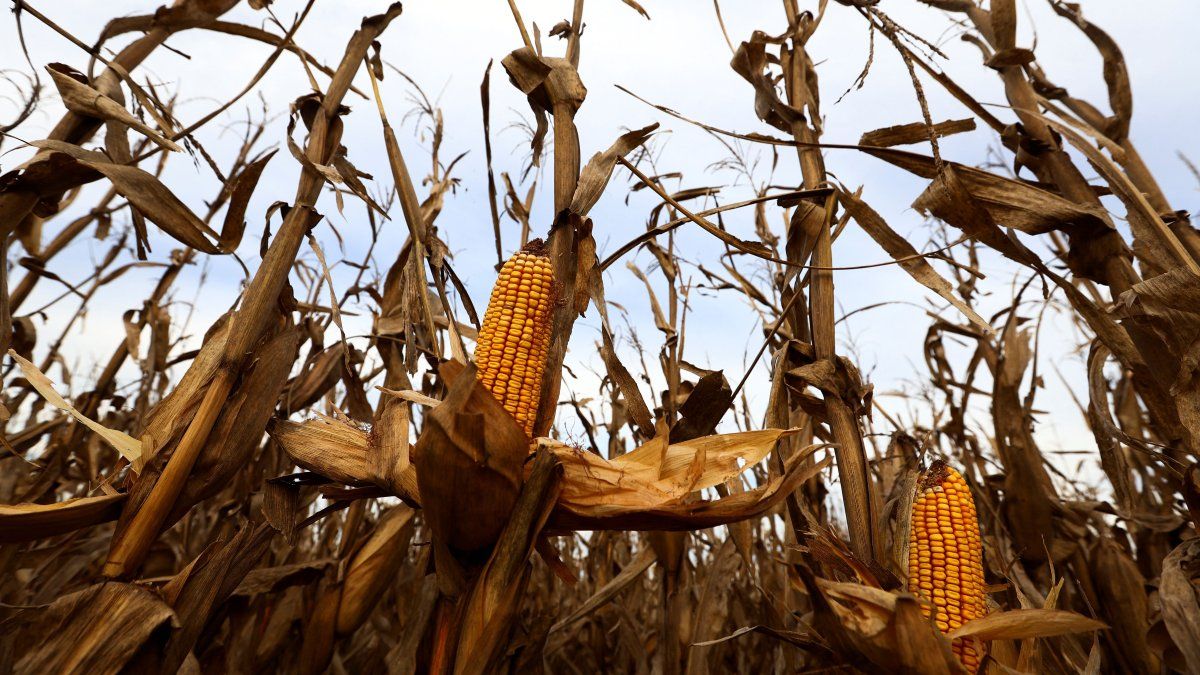The Argentine Association for Professional Protection of Extensive Crops suggests caution when planning the next corn sowing. The approaching winter is the most favorable time for eliminating pests.
The Argentine Association for Professional Protection of Extensive Crops (Aappce) prepared a report with reflections and recommendations for the coexistence of the next corn campaign with the pest known as “Chicarrita”.
The content you want to access is exclusive to subscribers.
From the entity they warned that there is a consensus among the advisors when it comes to suggesting caution for sowing planning, although they clarified that there are “very few” who recommend abandoning sowing.


Aappce recommended the monitoring minimum temperatures which, in the context of a winter that is expected to be colder than previous ones, could mean the death of the pest. Furthermore, he indicated that the key to combating the problem is “keep leafhopper populations low and manageable in the lots” to limit their survival and reproduction pathways.
In this sense, representatives of the organization stated that producers should work on “continuously eliminating the births of guacho corn and scheduling the planting of new corn in a limited time” so that “the pest has a shortage of nutritious food.” .
In parallel, they remembered that corn is where the disease multiplies, which is why With the elimination of “guacho corn” the “green bridge of the disease” to other crops such as soybeans is also eliminated.
Aapce highlighted the need to have a more effective tool to measure the flight dynamics of the Leafhopper, which can be achieved with the implementation of the National Trap Network for the monitoring of Chicharritawhich so far has more than one hundred sampling sites confirmed by the members of Aappce and is worked through a strategic alliance of Aapresid, CREA, Maizar, the Obispo Colombres Agroindustrial Experimental Station (EEAOC) and INTA.
They stressed that the solution will come with the sum of the tools (genetic innovation, cultural management, chemical and also biological control), “but mainly with the commitment of everyone and with technical knowledge as an ally to face uncertainty.”
Source: Ambito




